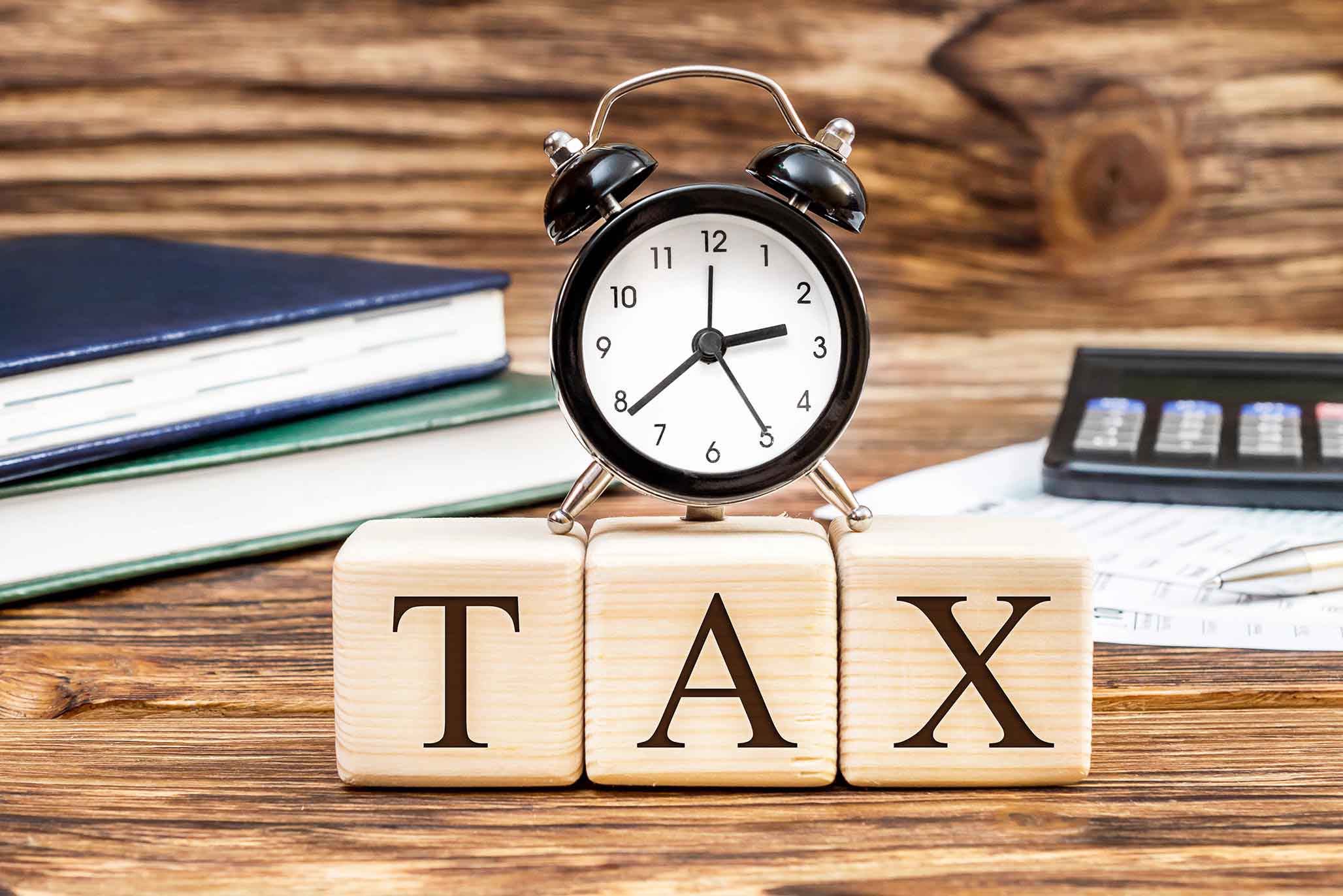
Different Tax Savings Instruments under Section 80C of the Indian Income Tax Act
When you are mindful about your finances, you can reap the benefits when needed. Learning about the different tax benefits you can get through the right means will help you save a lot on your investments. Under Section 80C of the Income Tax Act, you can opt for different tax-saving instruments to get tax exemption benefits. Before you begin investing in different instruments, you must have complete knowledge of the tax exemptions that they have.

Different tax-saving instruments under Section 80C:
[1] Life Insurance:
Insurance for life cover plans that come under Section 80C can be utilized for saving on your taxes. You can choose the best term insurance plan that will help you with extensive life cover at affordable premium prices, along with tax exemption on the premiums paid. But tax benefits should not be the only motive for getting a life insurance policy. An insurance policy will help you and your family with financial coverage during tough times. An added benefit of getting this policy is that the death benefits come under tax exemption as well under Section 10(10D) of the Act.
[2] Equity-Linked Saving Scheme (ELSS) or mutual fund:
Mutual funds are among the most preferred investment instruments in the market. If you have a short term plan for investing, it may not be suitable for you. When you invest in mutual funds, the investment amount used is eligible for tax exemption up to a limit of ₹1.5 lakh under Section 80C. You have the option to select between dividends or growth, according to their requirements. But a growth option will provide you with tax-effective returns over dividends.
[3] National Pension Scheme (NPS):
NPS is a long-term retirement plan that was created by the central government. This scheme helps you get a pension after retirement. They offer tax-exemption in three ways:
- The amount will not be taxed if 10% of your salary is invested in the NPS.
- A contribution of a maximum of ₹5 lakh to this scheme can be claimed for tax exemption.
- You can also get an additional deduction of up to ₹50,000.
[4] Public Provident Fund (PPF):
- This government-supported tax saving instrument helps you build a financial safety net for your retirement years. Under this scheme, the amount that you provide, the interest you earn, and the maturity you receive, all come under tax exemption. Hence, it is widely preferred by investors looking to save money on taxes.
[5] Unit Linked Insurance Plan (ULIP):
A ULIP provides you with the advantage of investment, insurance, and tax-exemption. The premiums that you pay towards this plan are eligible for tax exemption. Apart from this, the returns that you earn through your investment products also come under tax exemption.
[6] National Savings Certificate (NSC):
The NSC is a government-provided savings scheme. You can start this scheme at any post-office. It’s a tax-saving instrument suitable for fixed-income investors. The interests which you earn through the certificate are added to the initial investment and are eligible for tax exemption.
[7] Sukanya Samriddhi Yojana:
This plan was launched as a part of the ‘Beti Bachao Beti Padhao’ campaign. It is considered one of the best tax-saving instruments for individuals with a girl child. The investments made in the scheme and the interest accumulated through the scheme, both carry tax benefits.
As seen above, Section 80C allows tax-saving with a wide gamut of investment solutions. Therefore, before you invest in financial instruments, make sure you read up on which one can provide you with the most suitable tax benefits.




